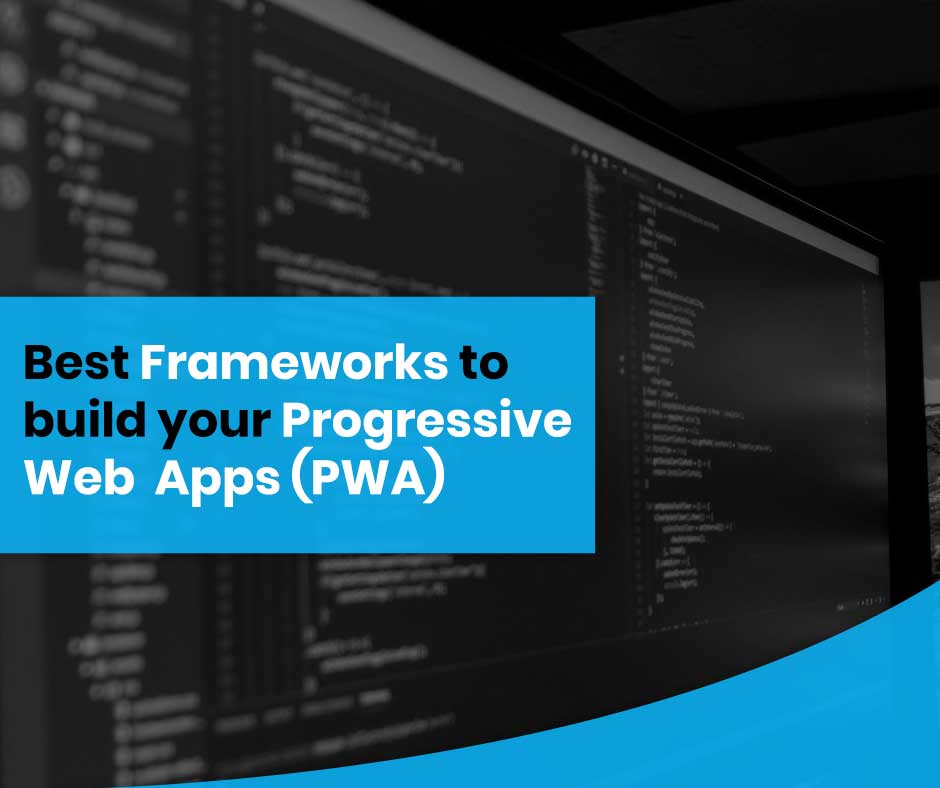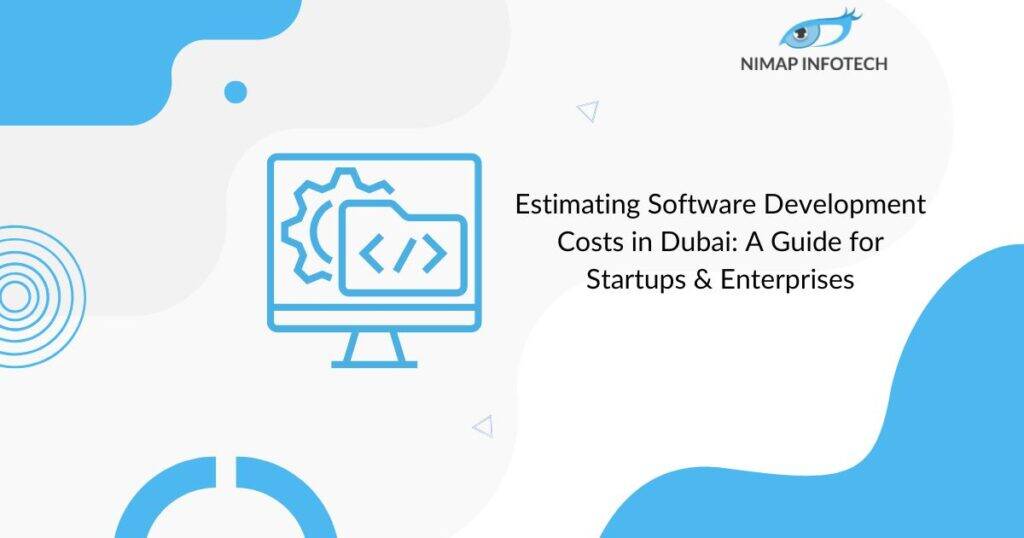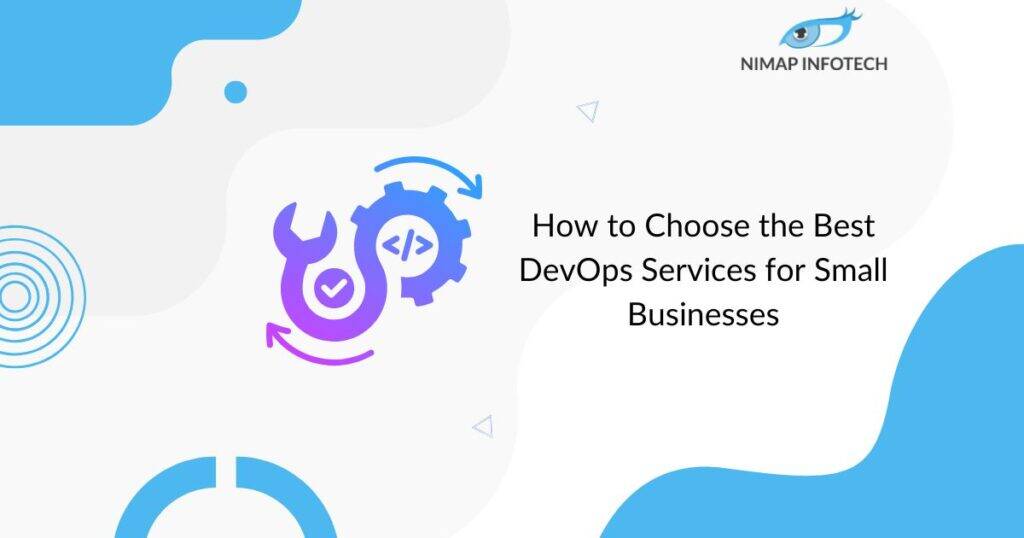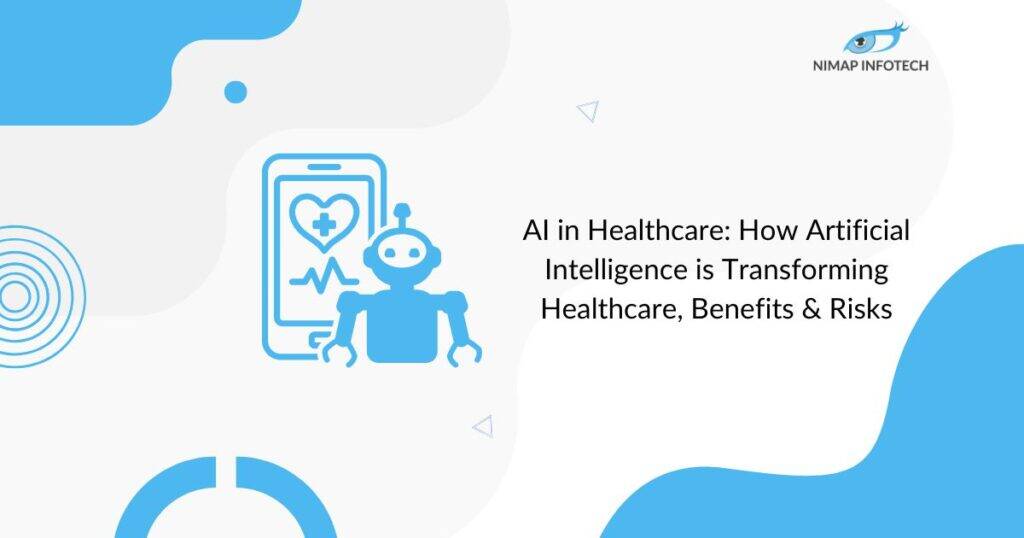Businesses have been quick to adopt the changing curves as well. And those who didn’t have borne the brunt. This is why a giant like Nokia lost the battle to companies like Samsung and Apple.
As per Statista, currently, there are 3.3 billion smartphone users in the world! This figure is projected to reach 3.8 billion in the next three years.
As smartphone adoption has grown, businesses have also witnessed a significant change in how they can market their products to customers. After all, the technology opened a new channel for reaching consumers directly.
Very quickly, smartphones have become an essential and highly influential channel for driving loyalty and engagement.
Just like other technologies, mobile phones have also evolved. One technology within smartphones that has taken over is the Progressive Web App or PWA.
Table of Contents
ToggleWhat are Progressive Web Apps?
Previously, native apps were considered to be the epitome of perfection for mobile users. However, their inability to deliver a highly immersive experience led to the rise of Progressive Web Apps (PWA).
These apps stand out because of their high adaptation potential. The apps can be adapted to various hardware, platforms, and devices. PWA combines the advantages of native apps and further enhance them with their distinctive features.
The JavaScript applications operate on browsers and bring the same features of native apps (like push notifications) to the web. Currently, PWA is supported by platforms like Chrome and Opera entirely. Firefox supports almost all features.
Samsung Internet browser too now supports PWA while Apple has also jumped on the bandwagon by making a key component called service workers.
Best PWA Frameworks in 2020
One thing is for sure- PWA is taking the smartphone world by a stride. If you are thinking of using them for marketing your business, the first step is to decide which framework to build it on. Now, there are multiple options available. However, not all frameworks are up to par. Here are the best ones you can find.
1. Angular
Introduced by Google, back in 2009, Angular is by far the most popular framework for Progressive web apps. The structures make use of JavaScript to create responsive, reliable, and robust apps.
Previously, version 5 of the framework was introduced. This included a new Service Worker. The component played a massive role in boosting the built-in support of the framework.
This way, developers who don’t have a high level of expertise can still use the framework to build a quality PWA.
Recently, Angular 8 has been introduced to the market. It has two additional CLI commands that further simplify the download and installation process of the web app onto a device.
Key Benefits of Angular
- Easy implementation since the methodology used is clearly defined
- The addition of CLI has shortened the learning curve for the framework
- Includes IntelliSense and Typescript
- Excellent support, as Google backs it
Disadvantages of Angular
- You need to learn Typescript to use the framework
- It is comparatively complex
2. React
Supported by Facebook, React is yet another popular and highly functional PWA framework. It is famous among developers due to its highly extensive JavaScript library.
The framework makes use of JSX to link with HTML structures. One can use various available packages to scale up their app and project further.
Key Benefits of React
- A pervasive ecosystem
- Facebook maintains the code, which ensures smooth operations and support
- The framework helps create scalable and flexible apps
- The code used to React for web apps can also be used for native apps
- The rendering process is very speedy, thanks to Virtual-DOM
Disadvantages of React
- Only a programmer can use the framework since it requires knowledge about JSX
- Compared to JavaScript, the framework is quite complex
- The more you opt for flexibility, the more issues will pop up
- There is no defined methodology. Hence, implementation is tricky
3. Vue
If you are new to the world of programming, the chances are you might not have heard of Vue. This is because compared to React and Angular, Vue is much newer.
However, this doesn’t mean it isn’t a great framework. Vue features one of the fastest-growing libraries among all other frameworks.
This is because the framework has managed to crack the code by delivering two essential things- high-speed rendering and simplistic coding.
Just like React, you can use additional packages to scale up your app using Vue.
Key Benefits of Vue
- Big players like Laravel and Alibaba support the framework
- Since the code is simple; it is easy for new developers to learn it
- The framework is quite simple and has similar concepts like Angular and React
Disadvantages of Vue
- The framework is not owned by a company, but by a single person. Hence, the support team is tiny as well
- The advantage of flexibility creates issues when used
Also Read: Top 10 web app idea for Your Business in 2020
4. Ionic
Ionic was introduced back in 2013. It is an open-source framework which has its foundation on Angular framework as well as Apache Cordova. As of now, the framework has been used to create over 5 million hybrid apps.
It has a library of components for both iOS and Android. Ionic allows developers to create web pages that run inside the browser of a device using WebView, which essentially renders web pages so that they resemble a native app.
Key Benefits of Ionic
- Since the framework is open-source, it can be acquired for free, which reduces the cost of development
- It is easier for developers to learn how it works
- The build-in tools allow for easy maintenance
- It features a large community of users
- It has an extensively extensive library. You can access APIs without coding
Disadvantages of Ionic
- You must rework your app frequently to keep up with the latest changes on the framework
5. Polymer
The polymer has been developed by Google and is open source as well. It has a wide variety of tools, web components, and templates. This makes it an excellent choice for PWA development since the operation aspect becomes highly simplified.
Moreover, the tools and components within the framework are supported on a wide variety of browsers. This way, the app you make using Polymer is highly adaptable and accessible.
The fact that it uses pure HTML, CSS, or JavaScript makes it an independent framework.
Key Benefits of Polymer
- It features full support, including routing, data tier, and responsive layouts
- The API is easy to understand
- Presence of embedded development tools render the need for debugging tools unnecessary
Disadvantages of Polymer
- The framework is not SEO friendly
- It has a high reloading time
- There is no official IDE
Read More: Understand the Importance of Web Application Maintenance
Conclusion:
Each of the five PWA frameworks has managed to deliver extreme convenience to developers.
Choosing the right framework for your progressive web app is the first and one of the most crucial steps. It determines whether or not your created app will be responsive, scalable, interactive, robust, and user-friendly.
Which framework is right for you depends on your app needs and the expertise of your developer. Therefore, you can’t make this decision without your developer’s input.
Choose a quality developer and the right framework. Enjoy all the benefits PWA brings. Hire developers for your project, contact us now at enquiry@nimapinfotech.com.
Author
-

Sagar Nagda is the Founder and Owner of Nimap Infotech, a leading IT outsourcing and project management company specializing in web and mobile app development. With an MBA from Bocconi University, Italy, and a Digital Marketing specialization from UCLA, Sagar blends business acumen with digital expertise. He has organically scaled Nimap Infotech, serving 500+ clients with over 1200 projects delivered.
View all posts








